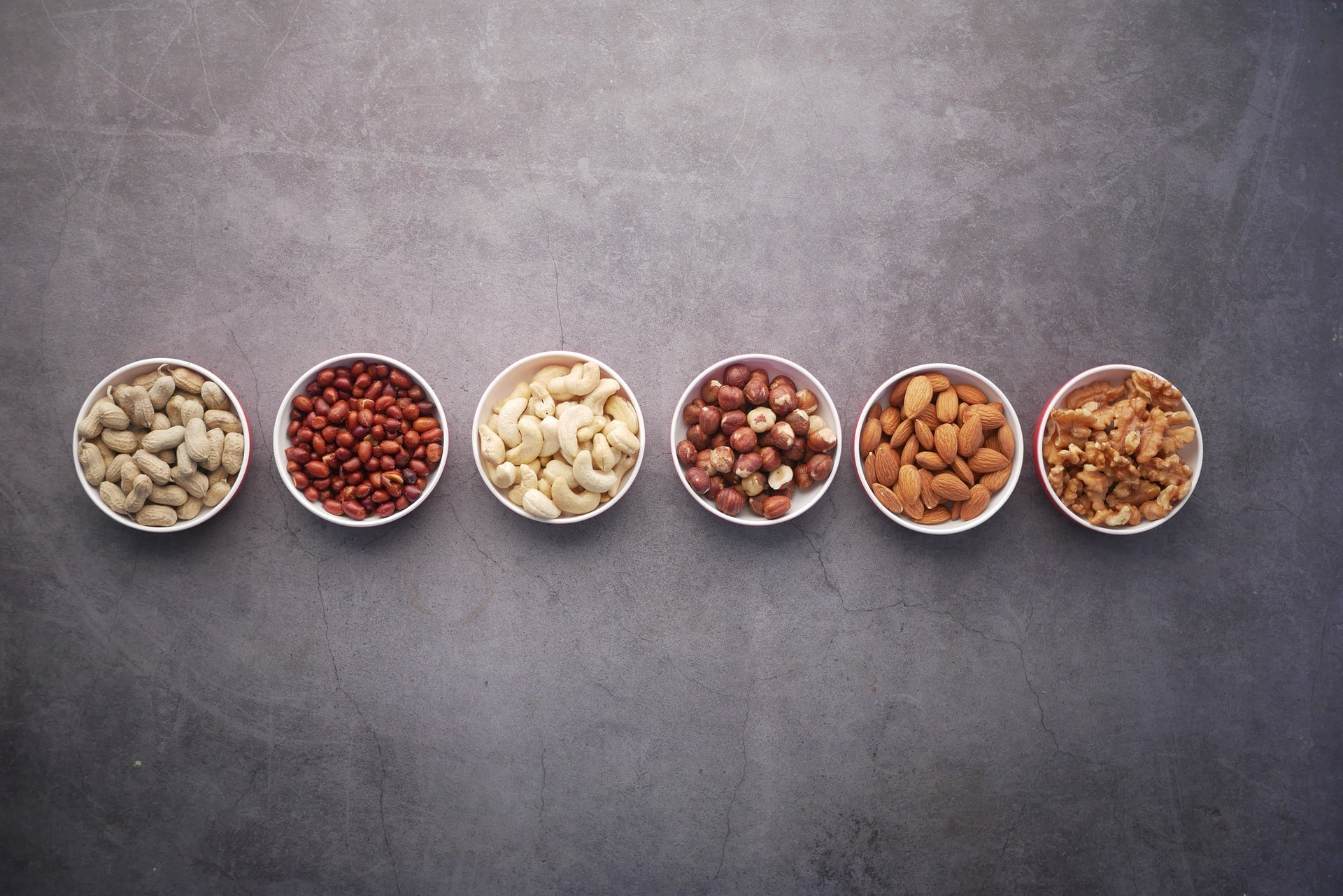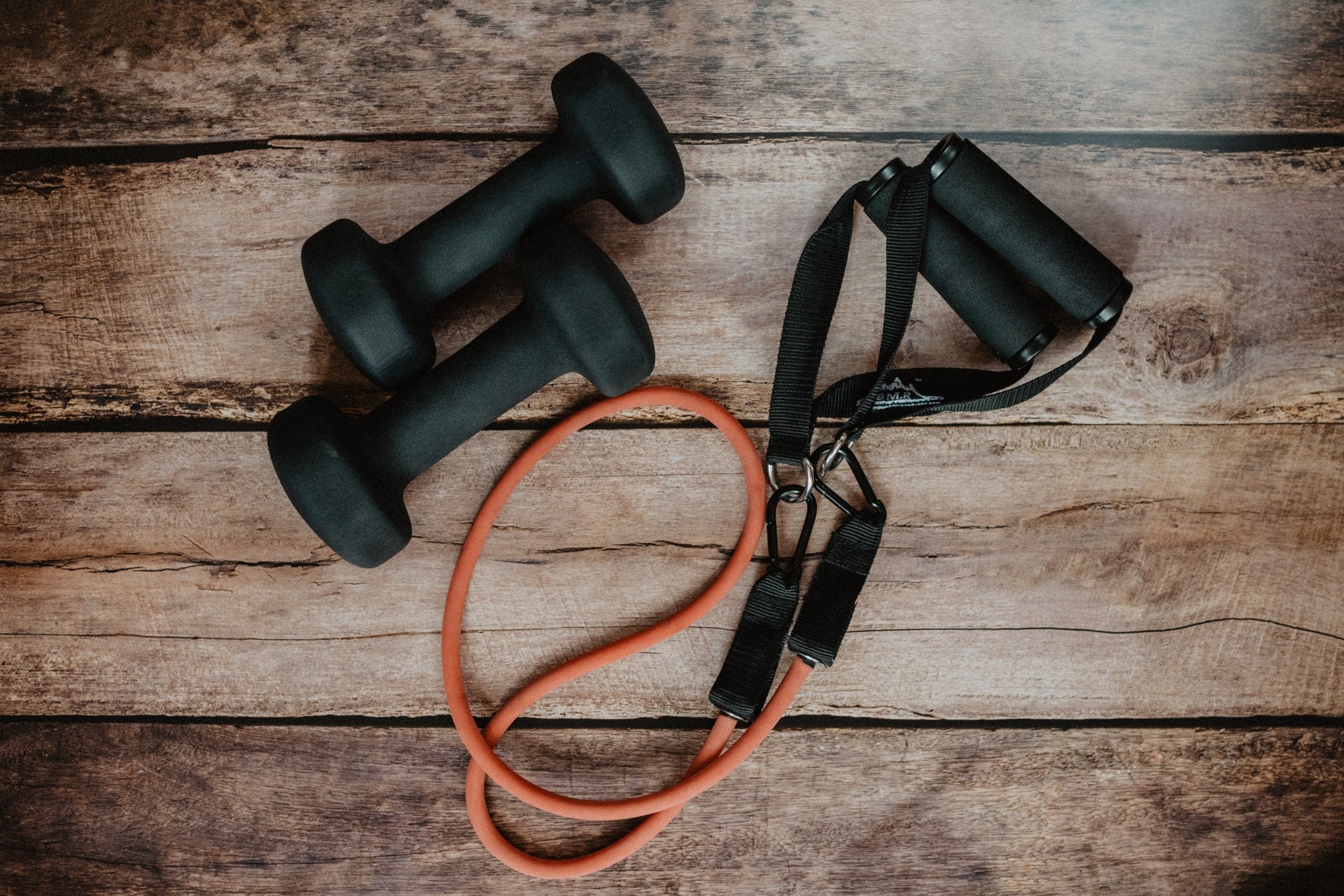5 High-Protein Vegetarian Foods

The idea that you cannot get adequate protein from a plant-based diet is a misconception. A well-planned, meatless diet can certainly provide all the necessary nutrients to be happy, strong, and healthy.
Where Do These Concerns Come From?
Healthline explains the concerns with plant-based protein well:
“There are 20 amino acids found in nature that your body can use to build protein. Out of these 20 amino acids, 9 are considered essential, which means that your body cannot produce them itself, so you need to get them from your diet.
The remaining 11 are considered non-essential, as your body can produce them from the 9 essential amino acids.
Animal protein contains all nine essential amino acids in sufficient amounts. Plants also contain all nine essential amino acids — however, besides a few exceptions, most typically offer a limited amount of at least one essential amino acid.
For instance, beans, lentils, peas, and many vegetables tend to contain low amounts of cysteine and methionine. On the other hand, grains, nuts, and seeds tend to be low in lysine (33).
Because of this, many people refer to plant foods as “incomplete” sources of protein (34)”
But this isn’t a problem as long as you eat a variety of plant-based proteins. You can still get sufficient amounts of all the essential amino acids your body needs.
1. Tofu
Tofu, made from soybeans, is actually a complete source of protein. Soybeans, and therefore tofu, contain all the amino acids your body needs to be healthy and strong. Tofu doesn’t have any particular strong taste, but it’s a perfect cooking ingredient as it easily absorbs the flavor of the ingredients around it.
2. Lentils
With 18 grams of protein per cooked cup, lentils are a fantastic source of protein. One cup also provides over half of the daily recommended fiber value.

3. Beans
Chickpeas, black, pinto, and kidney are extremely rich in protein and a staple in many cuisines worldwide.
Most types of beans contain about 15 grams of protein per cooked cup (170 grams). They’re also excellent sources of complex carbs, fiber, iron, folate, phosphorus, potassium, manganese, and several beneficial plant compounds
4. Hemp
Hemp seeds are rich in protein but they lack the characteristic psychoactive THC found in cannabis. They’ll get you strong but they won’t get you high.
Put hemp seeds in shakes or on salads for a protein boost.
5. Quinoa
Another complete protein, quinoa provides 8-9 grams of protein per cooked cup. It’s also a good source of complex carbs, fiber, iron, manganese, phosphorus, and magnesium.





Comments